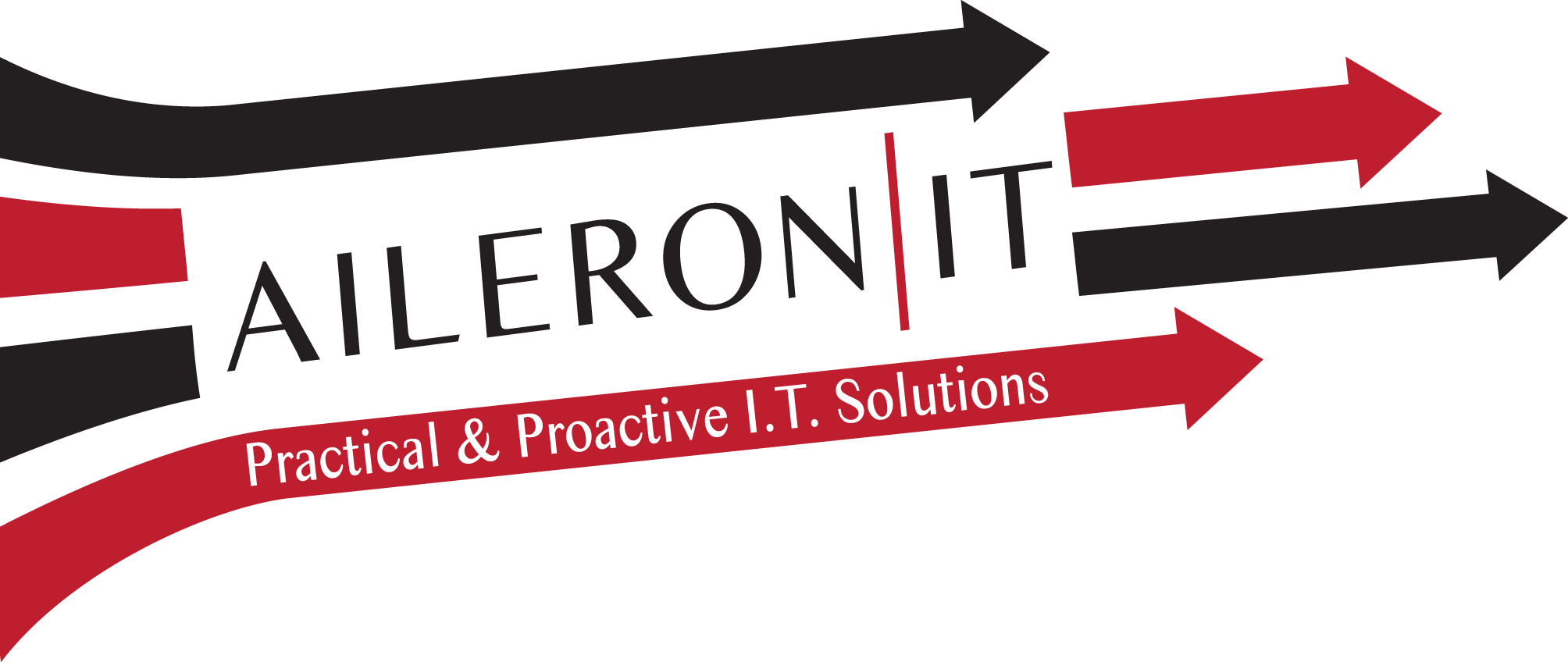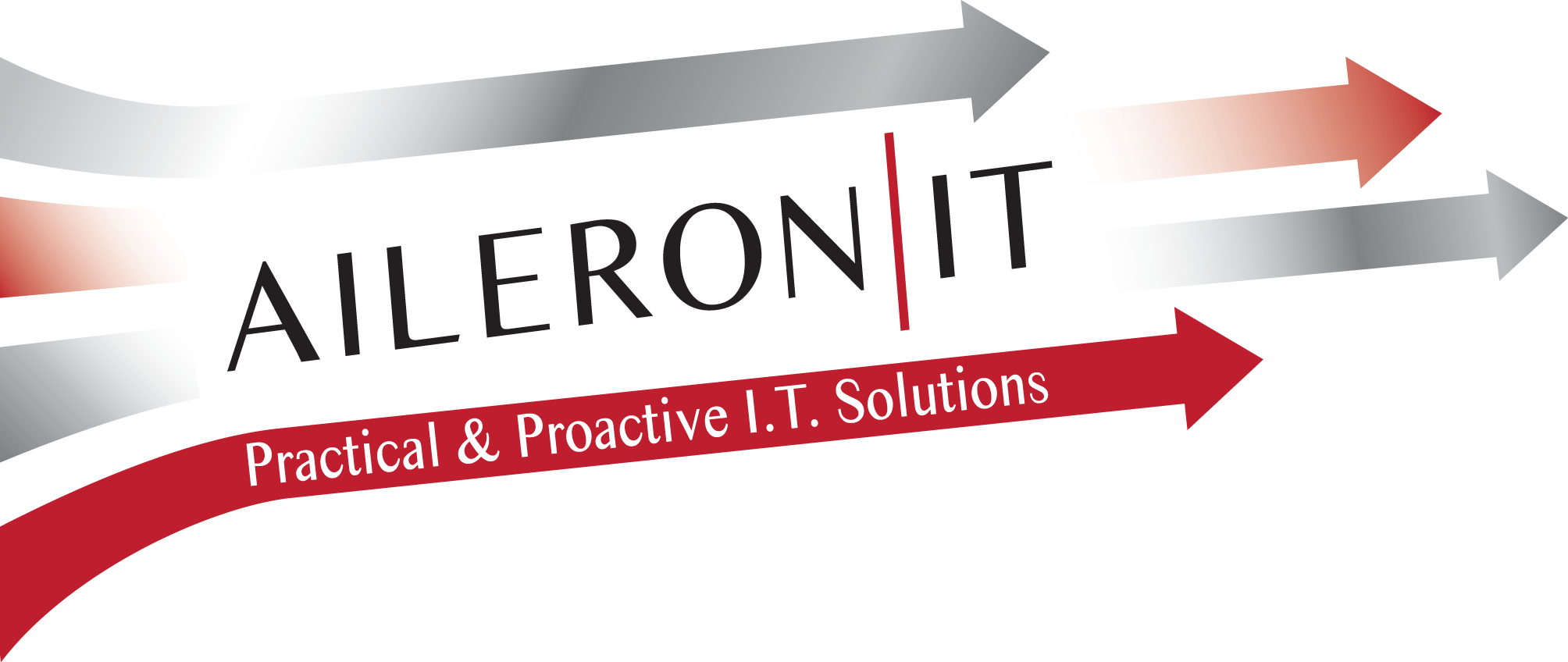The Case for a Written Information Security Plan (WISP) at Your Accounting Firm

In today’s digital age, protecting sensitive client data is non-negotiable, especially for accounting and tax professionals who handle highly sensitive personal and financial information. The IRS and Federal Trade Commission (FTC) strongly recommend—and in some cases, require—tax preparers to adopt a Written Information Security Plan (WISP). Here’s why implementing a WISP is a smart, strategic move for your firm.
1. Safeguard Client Data
A WISP ensures robust measures are in place to protect client Personally Identifiable Information (PII) from theft or unauthorized access. By defining who can access sensitive data and how it’s stored, transmitted, and destroyed, your firm minimizes the risk of breaches and enhances trust with clients.
2. Compliance with Federal Law
The FTC’s Safeguards Rule requires businesses like accounting firms to develop a written security plan to protect client data. Non-compliance can lead to legal penalties, reputational damage, or loss of malpractice insurance coverage, especially if client information is compromised.
3. Prepare for Cyber Incidents
A WISP acts as a blueprint for responding to cyber threats, from phishing attacks to ransomware. It includes protocols for detecting vulnerabilities, mitigating risks, and recovering from data breaches, which can help your firm remain operational even in the face of a security incident.
4. Tailored Security Solutions
WISPs aren’t one-size-fits-all; they’re customized to match your firm’s size, operations, and data sensitivity. Smaller firms, for example, may focus on secure client portals and basic encryption, while larger firms might implement advanced threat detection and annual security audits.
5. Boost Employee Awareness
Training employees to recognize security risks and follow protocols is key to reducing internal vulnerabilities. A WISP mandates regular training sessions, ensuring everyone from managers to temporary staff knows how to safeguard client data.
6. Enhance Vendor Oversight
Your firm likely collaborates with third-party vendors for services like cloud storage or payroll. A WISP establishes guidelines to ensure these partners also adhere to high security standards, further reducing risks.
7. Business Continuity Benefits
Beyond security, a WISP can assist with broader contingency planning. Whether it’s a cyberattack, natural disaster, or hardware failure, having documented security protocols ensures smoother operations during crises.
Next Steps for Your Firm
The IRS provides resources like Publication 5708 to help tax professionals draft a WISP. By investing in a plan now, you protect your clients, your business reputation, and your bottom line.
Don’t wait for a security incident to highlight vulnerabilities in your firm. Contact Aileron IT to start building or refining your WISP today!

